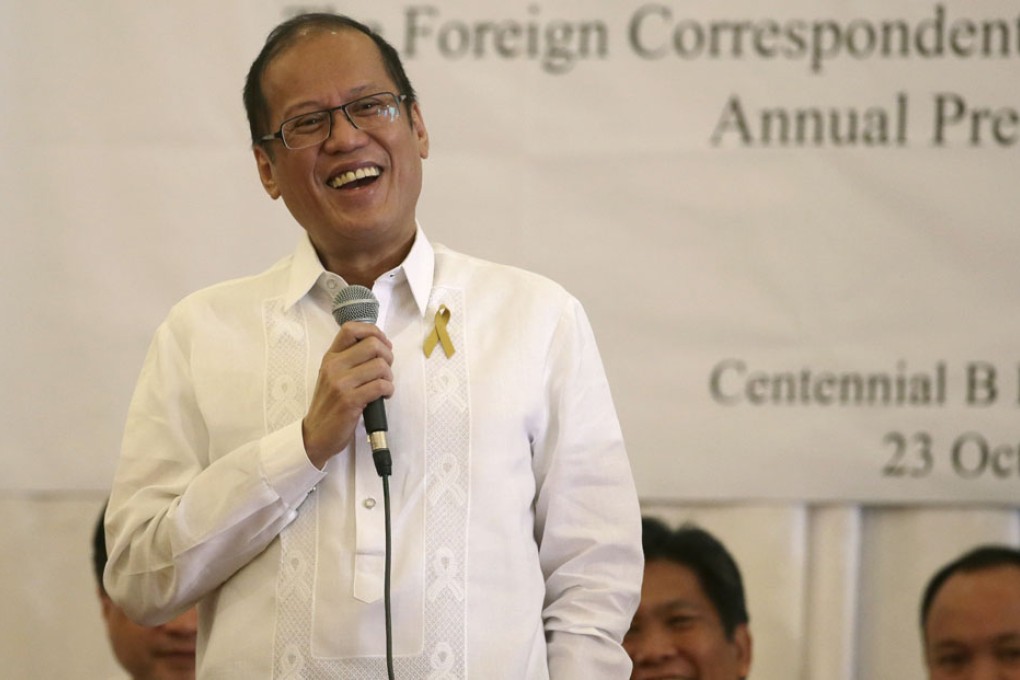The madness of the anti-Manila brigade
Regina Ip says the call for sanctions against the Philippines for its president's refusal to apologise for the 2010 Manila tragedy betrays a troubling detachment from reality

Following Chief Executive Leung Chun-ying's meeting with Philippine President Benigno Aquino in Indonesia earlier this month, the hyperbolic denunciations heaped on the government are a looking-glass through which Hong Kong people can see their self-centredness and detachment from reality.
There is a marked difference in reaction to this incident between local residents with international exposure and those apparently without. The former, including some columnists and readers of this newspaper, dismissed Hong Kong people's calls for reprisals as "farcical" and "idiotic", while the latter carried on pushing the government to get tough on the Philippines by banning Filipino maids, or imposing trade and economic sanctions, or both.
The reality is that Hong Kong, not being an independent country, has historically imposed sanctions only at the behest of its sovereign power, whether in compliance with resolutions of the UN Security Council or as part of its sovereign power's unilateral actions against another state or non-state territory.
Moreover, as a member of the World Trade Organisation, Hong Kong is bound by its rules not to impose trade restrictions on fellow members, save in accordance with provisions making exceptions to safeguard "essential security interests". The Manila hostage crisis of August 2010, though resulting in the tragic death of eight Hong Kong citizens and severe injuries to several others, would hardly justify invoking such provisions.
As one of the earliest members of the Asia-Pacific Economic Co-operation forum, Hong Kong enjoys equal status with other members in discussing Apec issues. However, raising non-economic issues, such as seeking an apology and compensation from a head of state, is not strictly part of Apec's agenda. Bilateral meetings on non-economic issues between heads of state are often held on the margins of Apec's "leaders' meeting", but agreement to hold such meetings is purely discretionary. Hong Kong, as the demandeur of a bilateral meeting to discuss a botched rescue three years ago which the Philippine president clearly wished to "put behind" him, had few levers at its disposal.
Given Aquino's hard line, in pursuing this "mission impossible" Hong Kong was not helped by the fact that it had no representation in Indonesia, no troops on the ground who could help set up informal bilateral meetings ahead of Leung's arrival, or conduct behind-the-scenes lobbying in the Philippines to soften Aquino's stance.
Even if, in the future, the government is persuaded to put money behind its efforts to strengthen its external relations, it is hamstrung by a lack of the equivalent of a "foreign service corps" - a body of elite officers willing to serve Hong Kong's interests overseas, regardless of Hong Kong's lack of "muscle" while acting on its own.